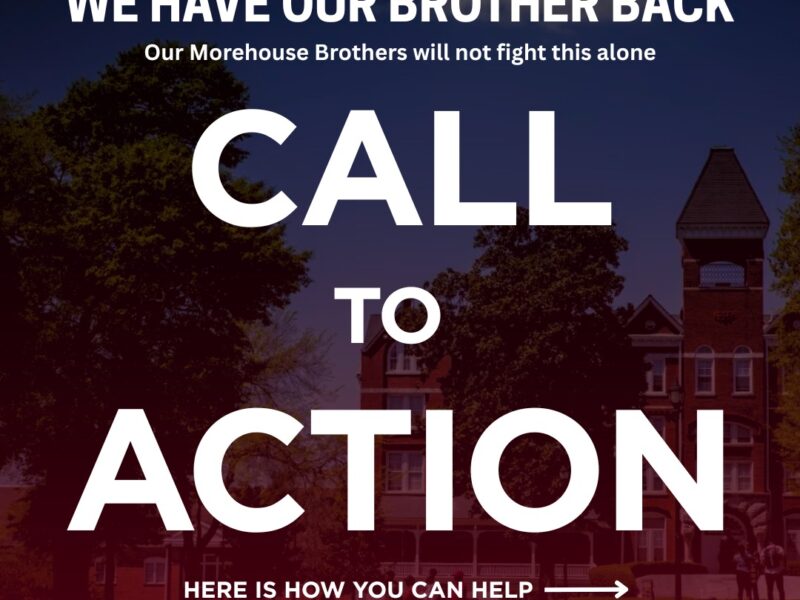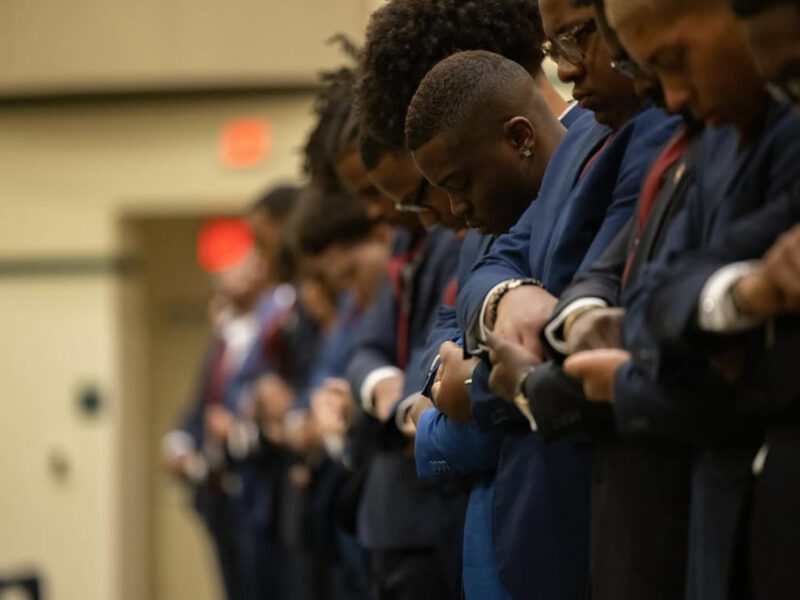Housing, Real Estate, and Land Ownership in Belize
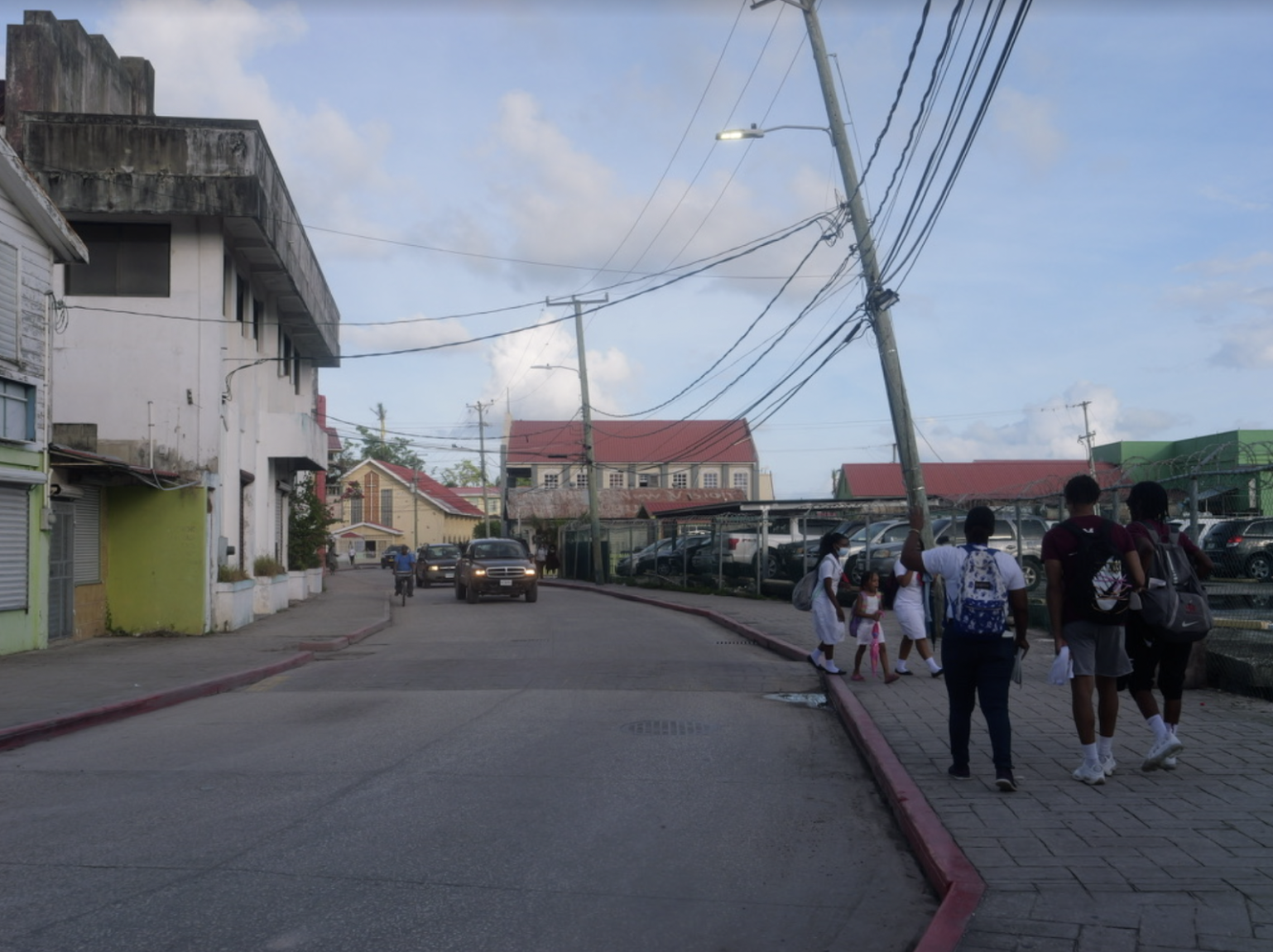
Photo by Justin Darden
By: Auzzy Byrdsell, MT Secretary
The average home in the United States has nice carpet or hardwood floors, up-to-date appliances, decently well-furnished, and standard air conditioning and heating. But this is not the standard in Belize. In Belize, the condition of housing and infrastructure is a struggle for the people and government of the country. Belize also struggles in keeping ownership of its land due to gentrification and capitalism.
As a developing country, Belize needs resources like finances, education, and jobs that can help improve the quality of housing.
Native Belizeans all over the country share a frustration with how gentrification has impacted their society. This happens at the hands of foreigners who only see Belize for its opportunity.
While touting Belize City, our tour guide Denise Casimiro, was eager to give insight.
Casimiro is native to Belize and Garifuna, the direct descendants from Africa in Belize.
“Our born Belizean at the age of 18 years old is entitled to a parcel of free land from the government”, she says, “ which is about 175 feet of land”.
Belize’s small population gives them more land to be able to give to citizens.
“Once we get that lot we have five years to place something on that lot to show ownership”, Casimiro says, “it is unfortunate that some people build what they cannot afford and get complacent.”
This opens the door for poverty, lower quality housing, and foreigners to obtain the land for a low value.
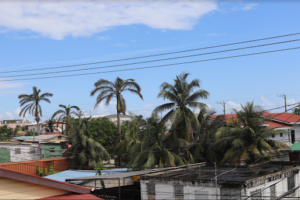
Belize City, photo by Andy J Harris
Foreigners expect the people they buy land from to use the money to buy a new home. However, where we fall short is understanding that these houses are more than just a place to lay your head.
“These are homes for us; some of us have homes that have been passed down from generation to generation”, she says.
On the contrary, real estate opens up a new industry in Belize, giving local Belizeans jobs. The issue comes from foreigners using up overly significant amounts of native land.
This fight for ownership in Belize is not new in the world. Black and Brown communities are being gentrified at an alarming rate in the United States and also internationally.
Washington DC and Southeast Atlanta are just a few of the cities being gentrified, negatively impacting Black and Brown communities similar to Belize.
Steven Adams II is a graduating senior at Morehouse majoring in economics. He is native to Southeast DC, one of the fastest gentrifying cities in the country according to The Black Print.
“They’re building all these skyrises and all the young millennials are coming in and moving to the city causing prices to go up”, he says, “Many of these Black people can’t afford these luxury apartments, not many of us can afford a $1,200 apartment”.
Perhaps the most prominent example of this is the city of Spanish Lookout in Belize. Spanish Lookout is a large and well-developed city owned by a religious-cultural group referred to as the Mennonites.
The Mennonites are originally from Western Europe with a culture deriving from the Roman Catholic Church. They’d only been in Belize for about 70 years when they claim the land was already vacant upon their settlement.
Spanish Lookout is rich with agriculture, developed housing, many work opportunities, and a much more structured educational system which is all self-sufficient. Unless a Belizean converts to being a Mennonite, he or she cannot purchase land or use Spanish Lookout infrastructure resources.
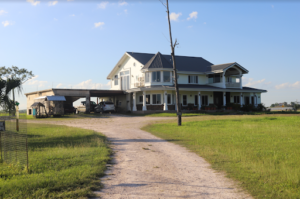
Home on farm in Spanish Lookout, photo by Andy J Harris
“Spanish Lookout is the breadbasket of the country”, says Jeanny Dees, a Mennonite and agricultural worker. When we asked what kind of resources Spanish Lookout branches out into Belize, she couldn’t confirm anything outside the produce they make a profit from.
“We invite groups to come here to learn, but I don’t know if I can share specifically how we share or where the connection is”, she says.
Without Mennonite conversion, they will only offer you work at a low wage within Spanish Lookout. The minimum wage in Belize is BZ$1.50 an hour, which is less than a dollar in USD.
Along with gatekeeping resources, the Mennonites almost never participate in the Belizean government. They believe that nothing positive comes from the government. However, this is contrasted with the fact that Spanish Lookout benefits from Belize’s government through contracts that give them access to Belize’s natural resources like Belize Natural Energy’s (BNE) oil extraction.
The Mennonites have complete control over the infrastructure and resources in a land that they are not native to. This imbalance of privately owned land and opportunity can be seen in other parts of the world as well.
For example, in Puerto Rico’s capital of San Juan much of the beaches and land are now privately owned, limiting the access that natives had to their own homes. The fight for land ownership and against gentrification isn’t something that needs to be further examined. Instead, we need to be examining how we fight and not just what we fight.
Ayiana Davis-Polen is a junior at Spelman College double majoring in sociology and anthropology and music while minoring in Spanish. She is from Puerto Rico and she has witnessed land ownership struggles that impact her native land and her people.
“The larger question I have is, what can city developers do to transform a neighborhood without displacing the people belonging to said community”, she says.
The lack of financial literacy and real estate expertise contributes to the ownership crisis. Perhaps if educational resources could be implemented then maybe natives wouldn’t be so quick to sell their land for mediocre prices, and they’d have better knowledge of how to improve and manage their properties. This can also help their properties stay pure while they appreciate in value over time.
We continued the discussion with the Minister of Education, Culture, Science, and Technology, Francis Fonseca.
“Over the past five years there has been a targeted effort to train not only our students but our teachers and education community to equip them with those real-life skills in financial literacy”, Fonesca says, “However, real estate – not as much”.
It was intriguing to hear that the focus on real estate has gotten more attention from the government policies and regulations and not the educational system. This is conflicting since financial literacy training relates directly to how the real estate industry is run.
Once people’s knowledge in both of these areas meets, we can act with more ownership and purpose with their property.
The fight against gentrification is a difficult one but not something that is possible when we have the right resources.





